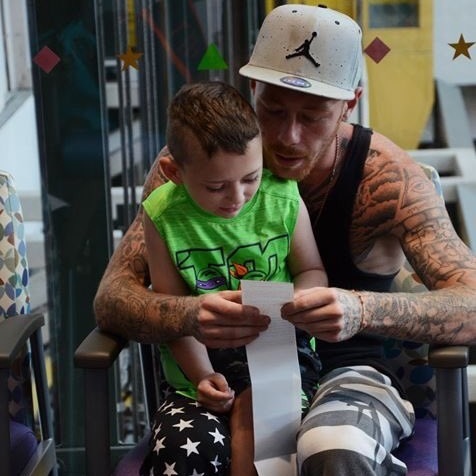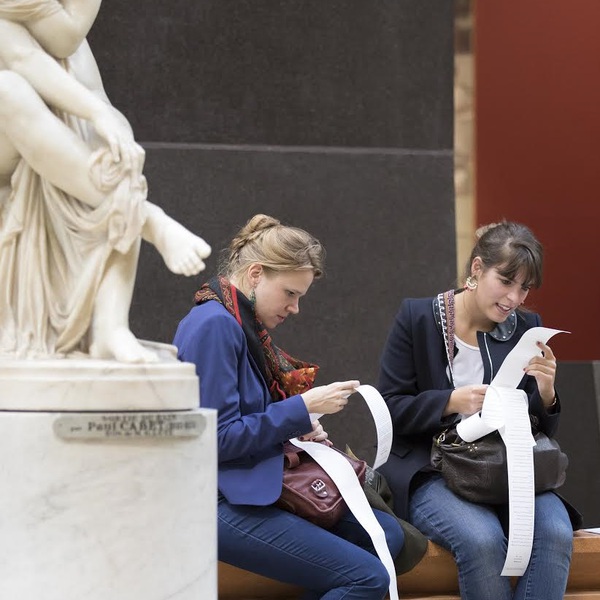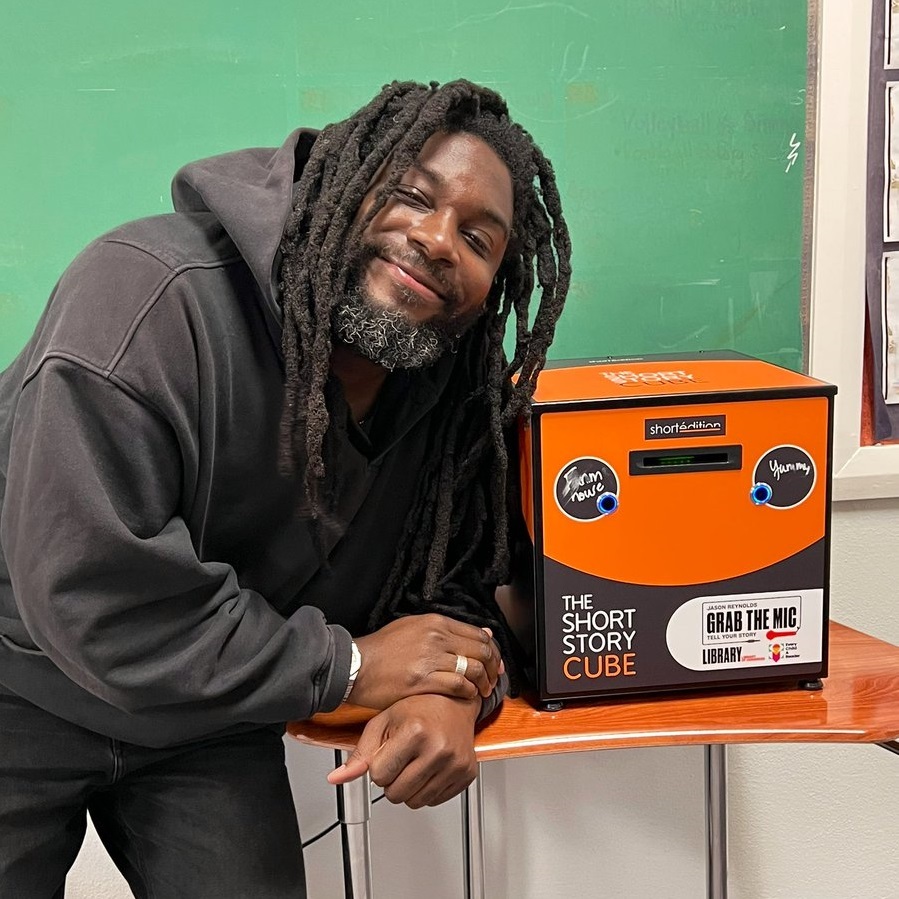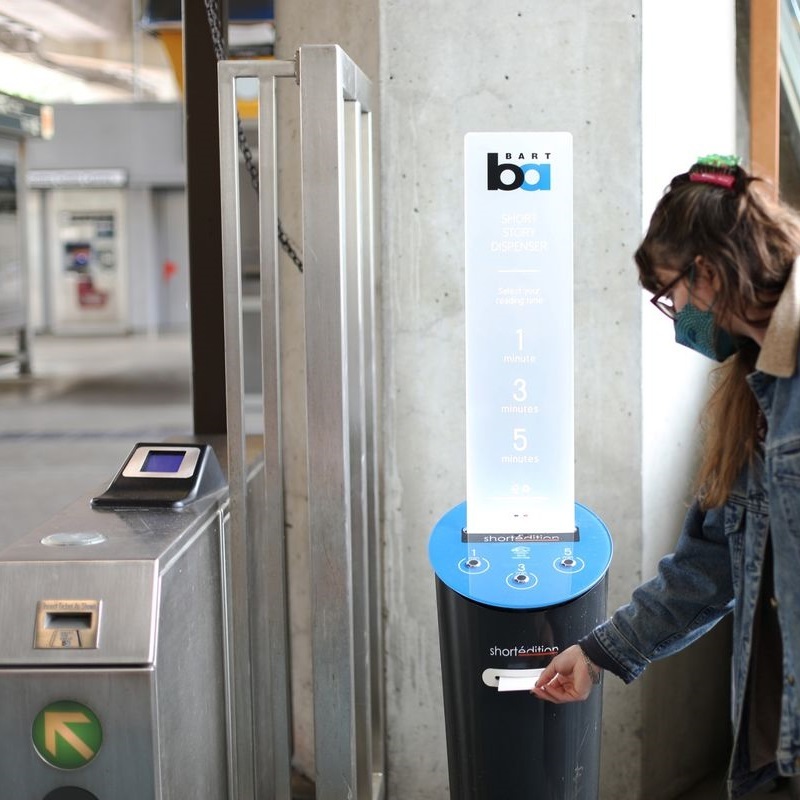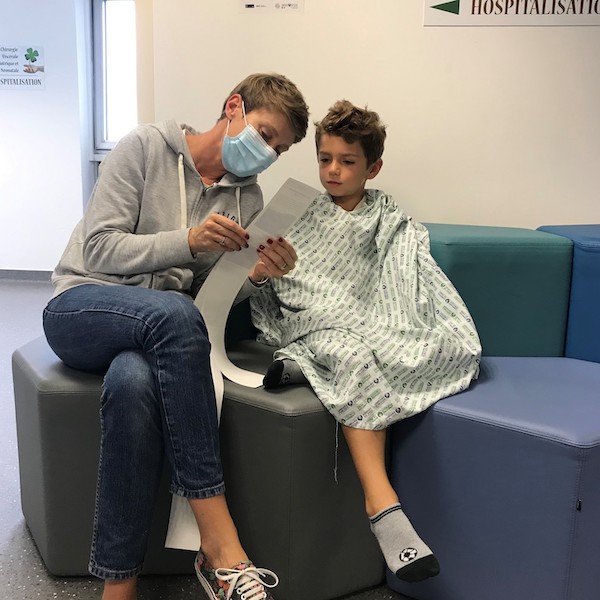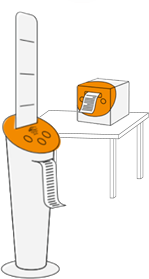"It's snowing, Macks," said Jake to his cat.
"Come sit by the fire. Snooze on your mat.
Just look out the window. It's too cold to play.
Let's ride my sled on a warmer day."
But Macks was
...
[+]


